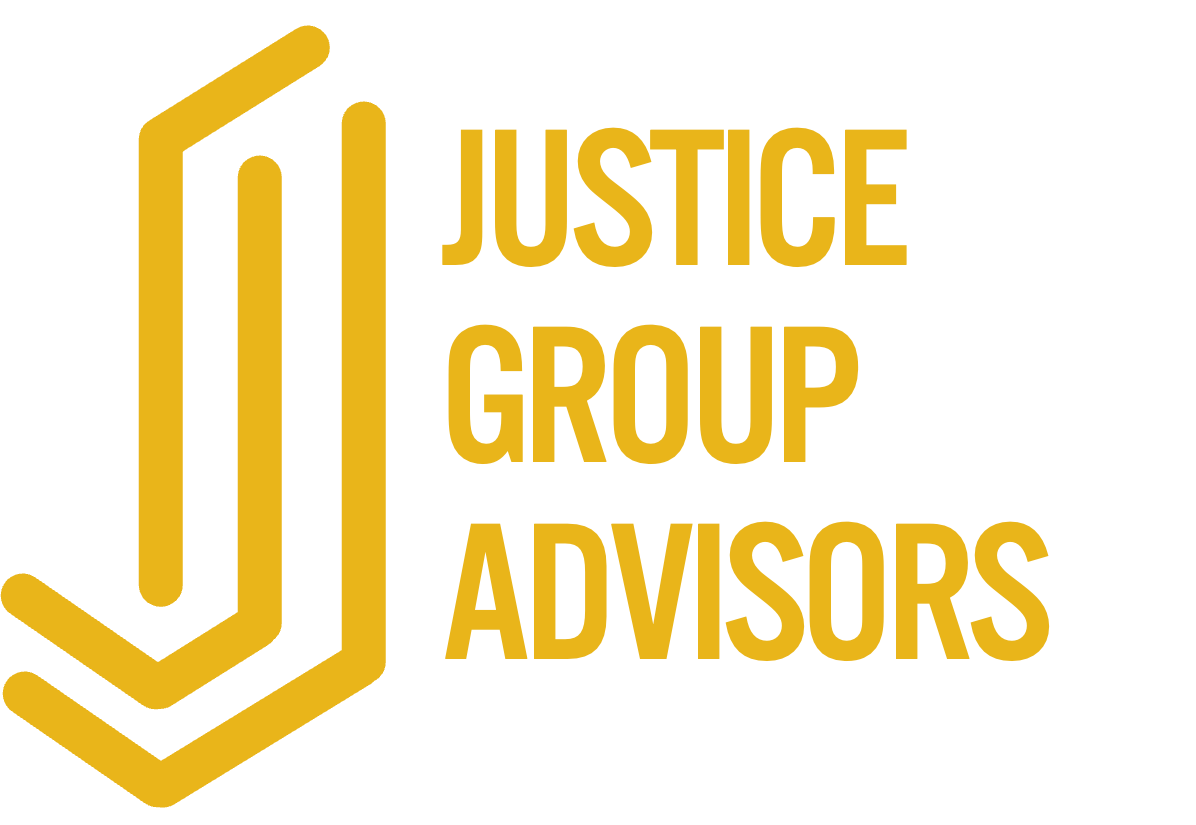Why Leadership Training Fails—And What No One’s Talking About
You’ve seen this play out before.
The training room is full. The facilitator is confident, engaging, and polished. Managers are nodding along, taking notes, even laughing at the well-placed leadership anecdotes. For a moment, you feel a flicker of hope. Maybe this time will be different.
But deep down, you already know how this ends.
In a week, the energy will fade. The urgent demands of the business will take over. And those same managers who left the session feeling inspired? They’ll slip right back into the habits they’ve always had.
Nothing will change.
As an HR leader, you’ve seen it before.
And if you’re being honest, it’s frustrating. Because you didn’t build these programs for people to like them. You built them to create better leaders—leaders who make stronger decisions, navigate uncertainty, and inspire their teams to perform at their best.
So why isn’t it working?
The Leadership Training Illusion
Companies pour billions into leadership training every year, convinced it’s the key to building stronger leaders.
And yet, ask any HR leader if they’ve ever watched a well-rated training program lead to actual behavior change, and you’ll likely get the same response: not really.
Because the truth is, most leadership training doesn’t stick.
Not because the content isn’t good.
Not because the facilitators aren’t engaging.
But because training alone doesn’t change behavior.
Managers return to their jobs with the same demands, same pressures, same expectations—and without real reinforcement, they slip back into their old ways.
The real issue? Leadership development is being treated as an event when it needs to be an ongoing process.
Why Leadership Training Fails—Every Time
Leadership training is treated as a one-time event, not a long-term shift. A two-day workshop won’t undo years of learned behavior—it just creates a temporary spark that fades fast.
Organizations focus on concepts, not application. Knowing what great leadership looks like is different from practicing it under pressure.
Training happens in isolation. Leaders don’t work in a vacuum—so why do we train them in one?
There’s no real accountability. If managers aren’t expected to apply what they’ve learned, they won’t.
HR assumes training is the solution when the real issue is the system. If a company rewards poor leadership behaviors, no amount of training will fix that.
Simply put: leadership doesn’t change in a classroom. It changes in the way work happens.
The Hard Truth About Leadership Training
HR leaders aren’t spending millions on leadership training because they want people to feel inspired for a few days.
They’re doing it because they need better leaders.
Leaders who can make stronger decisions, coach their teams, and drive results.
Leaders who are adaptable, confident, and effective—especially when things get tough.
But that’s exactly why traditional training doesn’t work.
Because leadership doesn’t change in a classroom. It changes in the day-to-day conversations, challenges, and decisions managers face every single day.
If training isn’t built for real-world leadership, it won’t stick. And if it doesn’t stick, it doesn’t work.
So instead of asking, "What training should we run?" the better question is:
"How do we make leadership development part of the way we work?"
Because companies don’t need more training. They need leaders who are actually developing.
👉 Ready to go deeper? Check out The Leadership Training Trap to learn why most programs fail before they even begin.
You May Also Like…
✨ P.S. This is exactly the kind of challenge we’re tackling inside The Leadership Lab.
It’s a new space I’m creating for HR and L&D leaders who want to rethink how manager development actually happens—in real work, not just workshops.
👀 Curious? I’m pulling together a small founders group.
Drop me a note and I’ll share the details first.





Surveys offer snapshots, not clarity. This post explores what HR leaders miss when they rely on episodic feedback—and what real listening actually looks like.